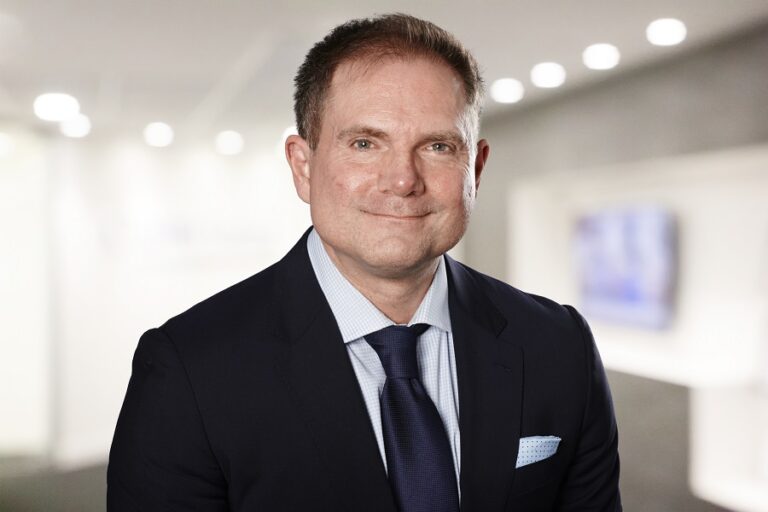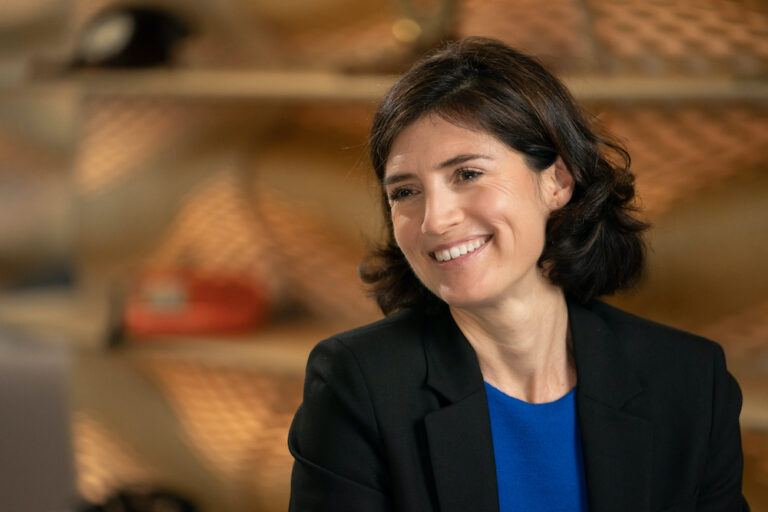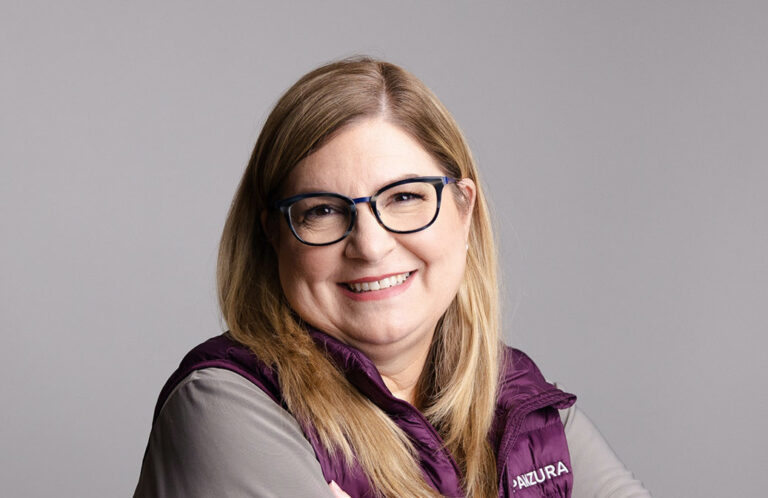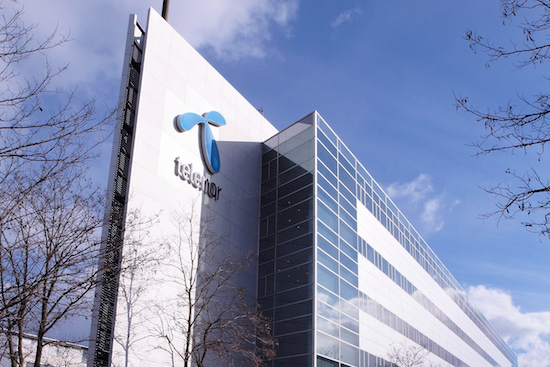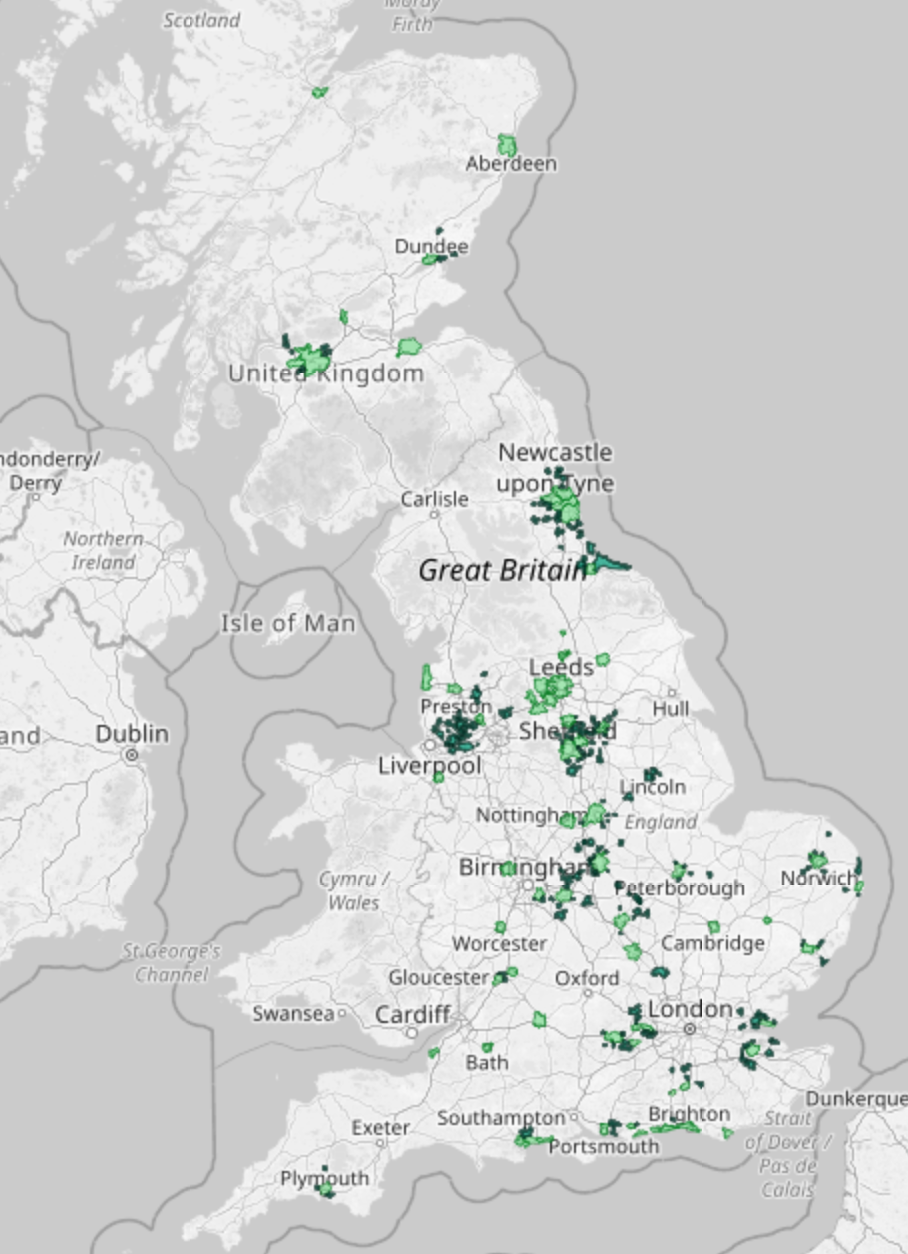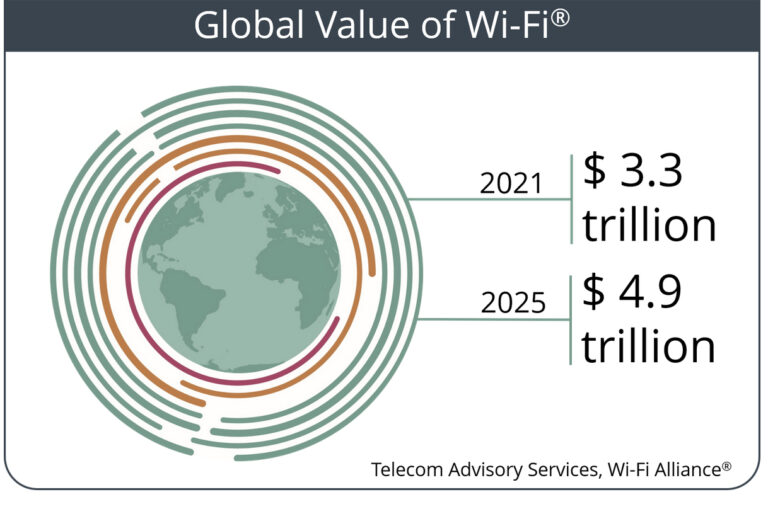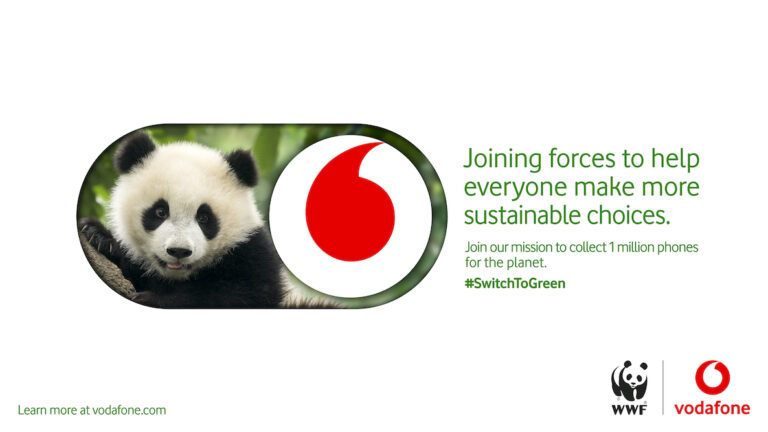Sets up world-first ‘roam’ between Belgium and Kuwait
Connectivity specialist BICS has created a roaming connection between 5G Standalone (SA) networks in Europe and the Middle East. It claims this is a world record, being the first time 5G SA has ever crossed continents outside of a lab. “Until now, operators around the world have only been delivering 5G Non-standalone (NSA) roaming that routes traffic through 4G/LTE core,’ said Mikaël Schachne, VP Telco Market at BICS, “this is the first time anyone has ever carried out a successful live connection across borders using 5G Standalone.
in the ground breaking exercise BICS linked the 5G SAs of Belgian mobile network operator (MNO) Proximus and Kuwait’s MNO stc. This marks a landmark moment for the readiness of international 5G SA services and use cases, BICS claims. Connectivity between the visited and home network was set up via secured gateways (SEPP) – a next-level security protocol mandated by roaming regulators GSMA. This can be hosted on the BICS IPX network for a faster and more efficient set up and beter management. “We’ve broken down the barriers to bring the power of this technology to international communications,” said Schachne.
Last year BICS announced a successful 5G lab trial and borderless 5G connection to its IoT SIM card system. As mobile network operators face the challenge of complex 5G roaming agreements and technologies. BICS said it is simplifying the path to 5G connectivity for industrial IoT operators, allowing them to benefit from one connection, one invoice and full managed service modules to reduce overhead on existing teams.
Geert Standaert, Chief Technology Officer at Proximus, the parent company of BICS, said this roaming test is a huge watershed moment for Proximus in its 5G roll-out and it will start rolling out the opportunities of 5G Standalone for the benefits of our customers and enterprises. “This new roaming connection with BICS and Proximus means it is now the first to offer 5G roaming spanning the widest coverage area across the world,” said Mohammed Al-Nusif, CEO of solutions by stc, “it’s going to bring stc customers exceptional connectivity at high-data speeds and offer them the same 4G and 5G data plans at no additional costs when abroad.”



